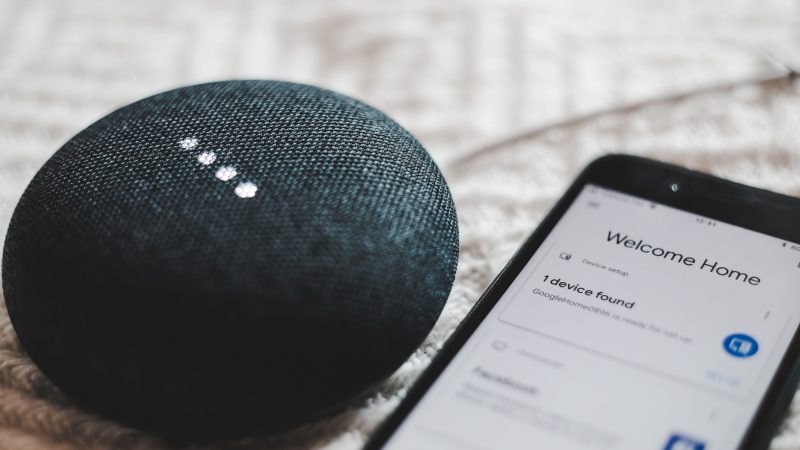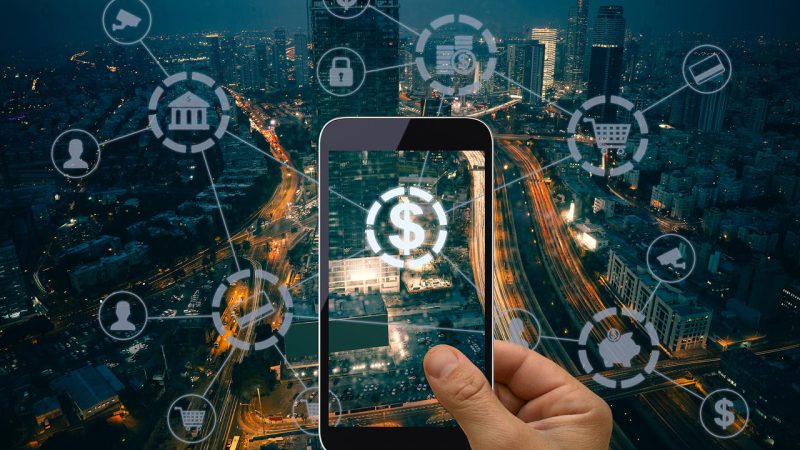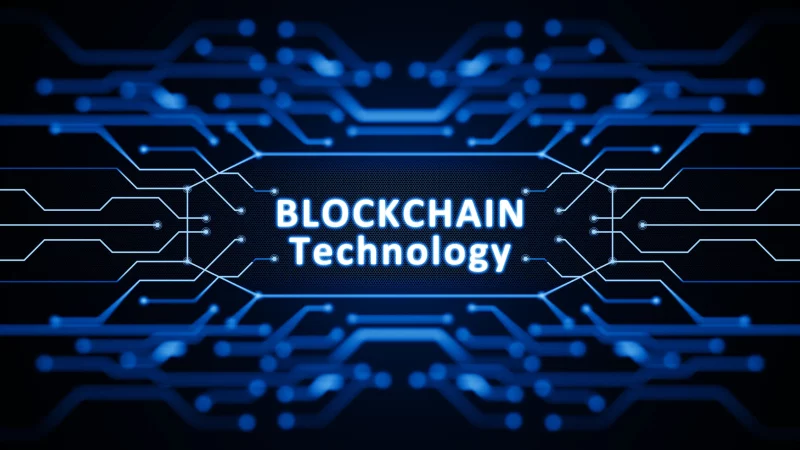What are the ethical and moral implications of AI and its development?

Artificial Intelligence (AI) has been a buzzword in recent years, dominating every discussion on technology and innovation. AI is transforming the way we live and work, but it also raises ethical and moral concerns that cannot be ignored. With AI being integrated into various fields like healthcare, finance, transportation, education, and many more – the implications of its development have become even more pressing. In this blog post, we will explore the ethical and moral challenges posed by AI’s development and what it means for our future. So grab a cup of coffee or tea as we delve deeper into this fascinating topic!
What is AI?
AI, or Artificial Intelligence, refers to the ability of machines and computer programs to perform tasks that would otherwise require human intelligence. It involves teaching computers how to learn from data and recognize patterns in order to make decisions without being explicitly programmed. AI relies on technologies such as machine learning, deep learning, natural language processing, robotics and more.
One of the key benefits of AI is its potential for automation – eliminating repetitive manual tasks and reducing errors caused by human intervention. This has led to significant advancements across various industries like healthcare, finance, transportation etc.
However, there are also downsides associated with AI’s development. The emergence of intelligent machines raises concerns about job displacement for humans as well as the ethical implications around replacing human decision-making with automated ones.
Despite these challenges though, there’s no denying that AI technology is here to stay – it’s just a matter of finding ways we can harness its power while minimizing risks associated with it.
What are the ethical and moral implications of AI?
As artificial intelligence (AI) continues to advance, there are increasing concerns about the ethical and moral implications of its development. One major issue is the potential for AI to replace human workers, which could lead to widespread unemployment and economic inequality.
Another concern is that AI algorithms may reinforce existing biases in society. For example, if an algorithm is trained on biased data, it may make decisions that perpetuate discrimination against certain groups.
There are also questions around the use of autonomous weapons systems powered by AI. Such weapons could potentially make life-or-death decisions without any human intervention, leading to serious ethical dilemmas.
In addition, there are privacy concerns related to the collection and use of personal data by companies using AI technologies. If this data falls into the wrong hands or is misused in any way, it could have serious consequences for individuals and society as a whole.
While AI has great potential to improve our lives in many ways, it’s important that we carefully consider its ethical implications as we continue down this path of technological advancement.





